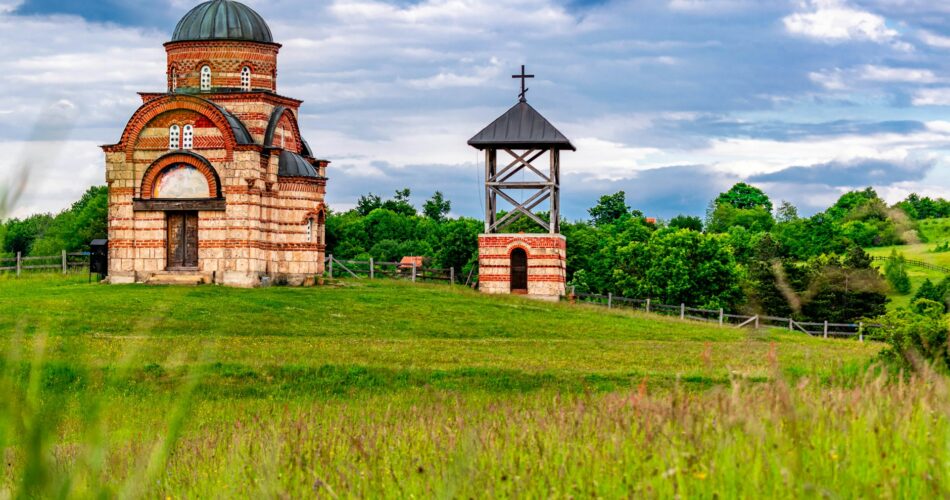Over 100 people were slain.
In the aftermath of a deadly attack on a predominantly Christian village in Benue state, Nigeria’s president called for urgent action against the perpetrators, while a local traditional leader clarified that such violence is not merely herder-farmer conflict but a deliberate campaign of genocide and land grabbing by armed herder militants. The Tiv paramount ruler stressed that decades of unprovoked attacks on defenseless farming communities have been mischaracterized, urging authorities to recognize the severity and organized nature of these assaults.
The June 13–14 massacre in Yelwata resulted in the deaths of over 100 people, primarily women and children, with reports suggesting the toll may be even higher. The attackers, identified as Fulani militia, targeted displaced persons sheltering in the village, setting fire to buildings and using brutal violence. This incident is part of a larger pattern of ongoing attacks in Benue state, where thousands have been killed and hundreds of thousands displaced over recent years amid escalating tensions and militant activity.
International organizations, including the U.S. Commission on International Religious Freedom, have condemned the violence and urged stronger protective measures and a possible designation of Nigeria as a country of particular concern for religious freedom violations. These attacks are part of a broader trend in Nigeria’s Middle Belt, where radical Islamist groups and armed herders frequently target Christian communities, contributing to the country’s ranking as one of the most dangerous places globally for Christians.
The violence is further complicated by the presence of extremist jihadist groups like Boko Haram and ISWAP, which continue to operate in northern Nigeria, along with newer militant factions such as Lakurawa in the northwest. These groups, along with some radicalized Fulani militants, aim to expand their influence and impose Islamist agendas, intensifying the security challenges faced by vulnerable religious and rural populations across the region.
